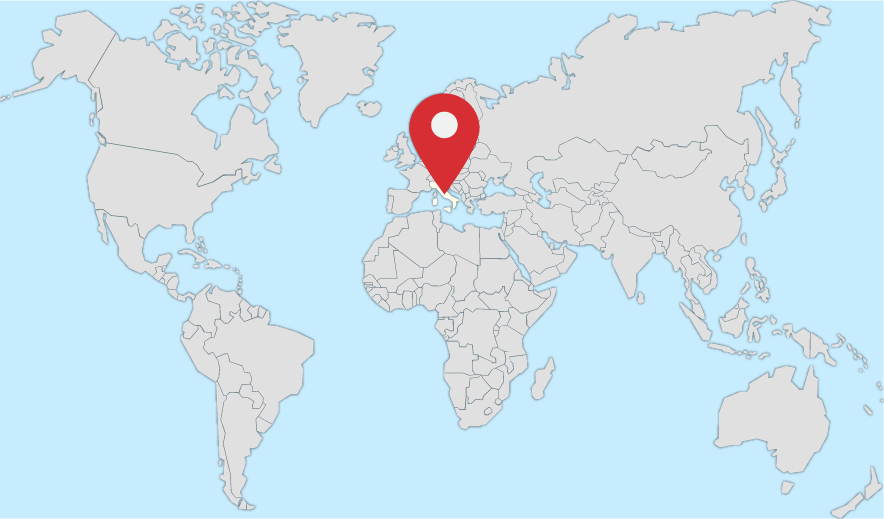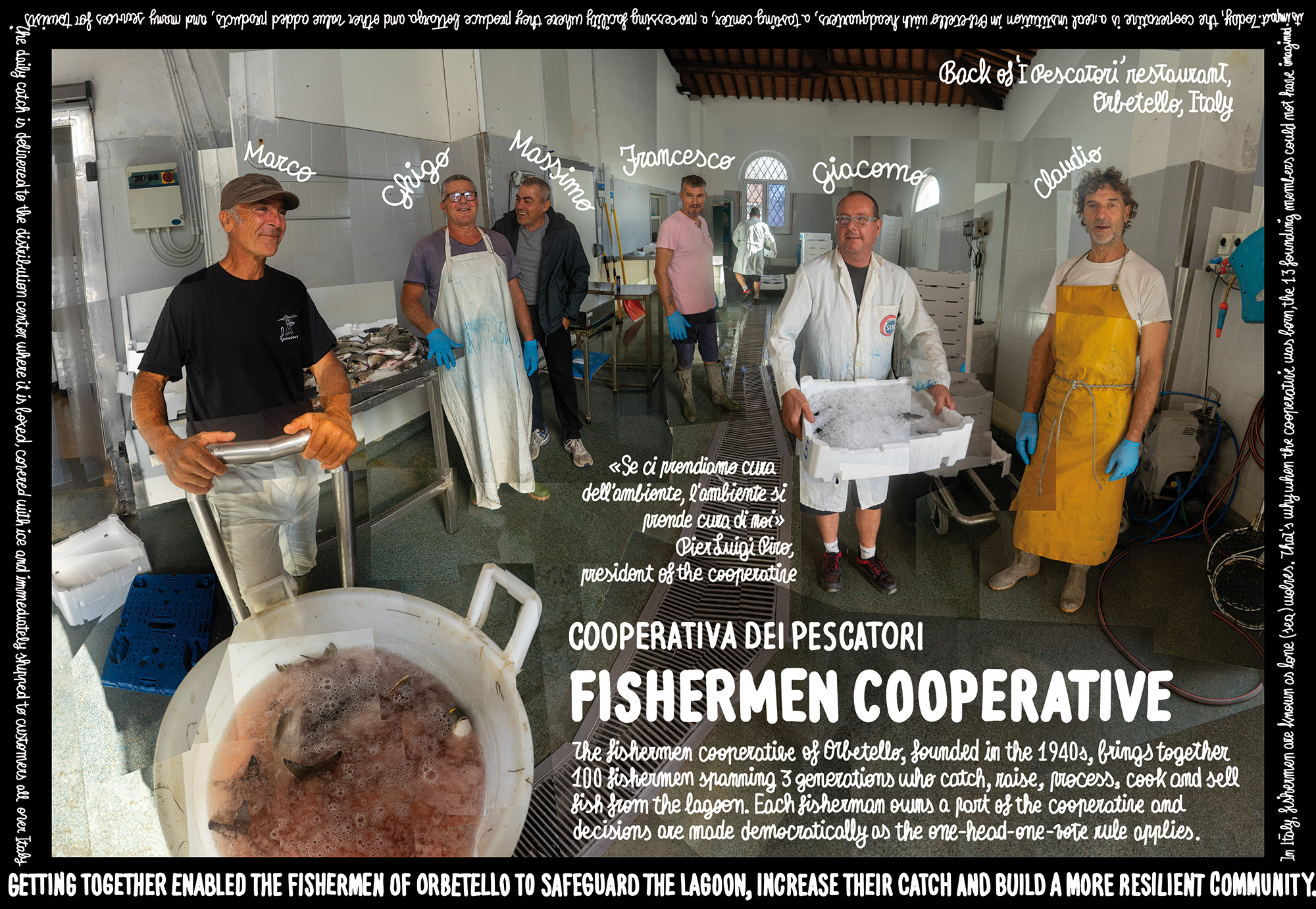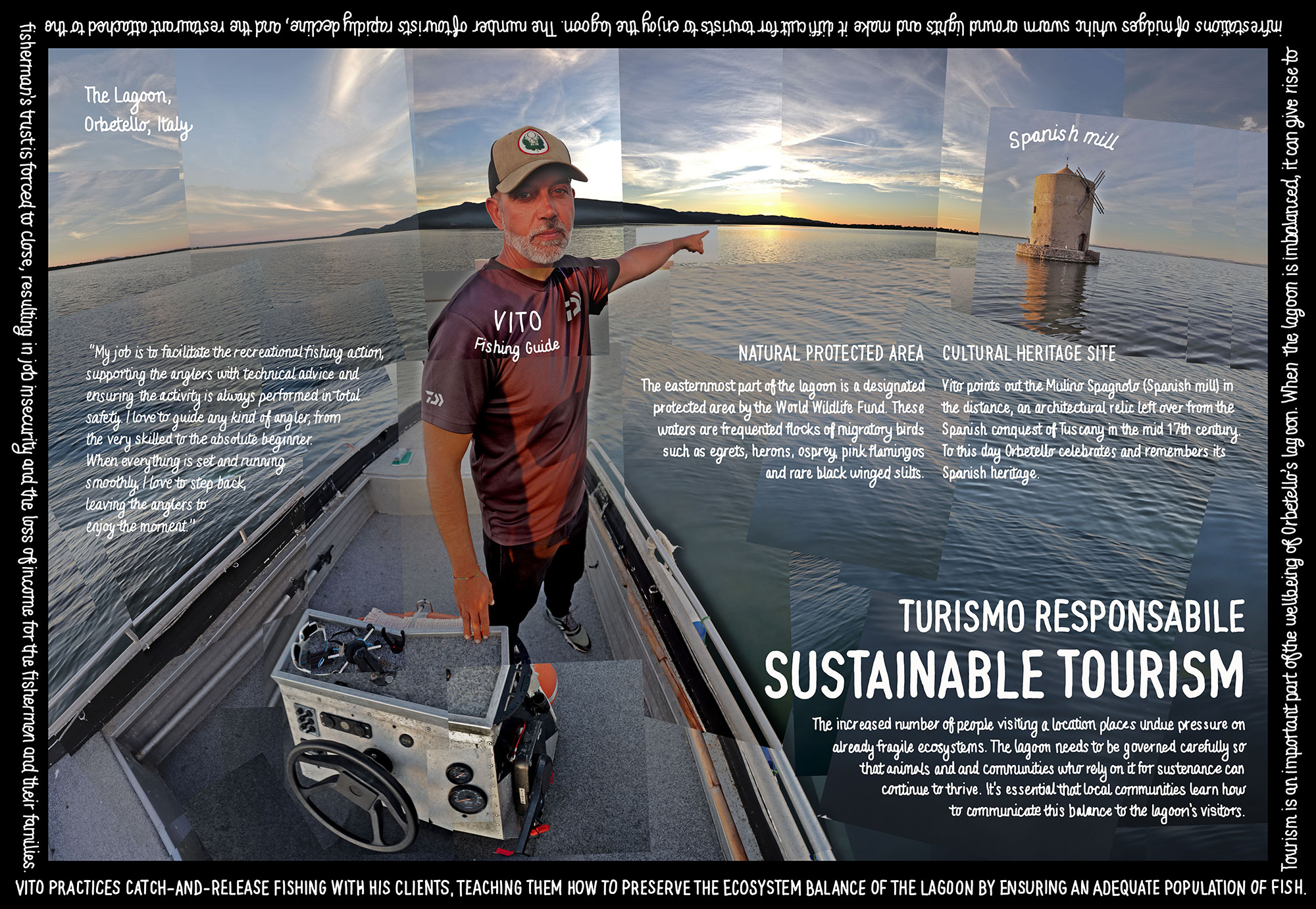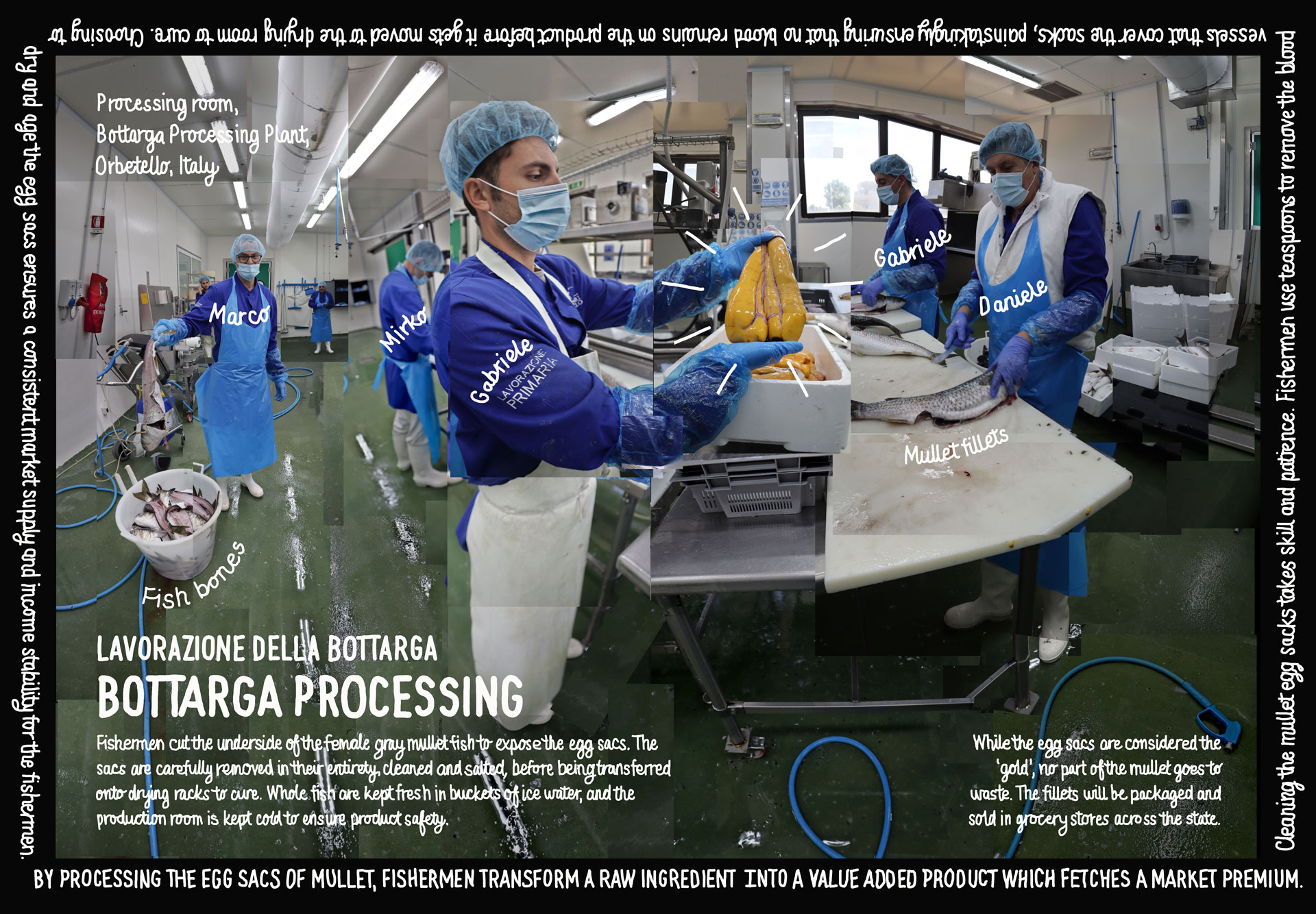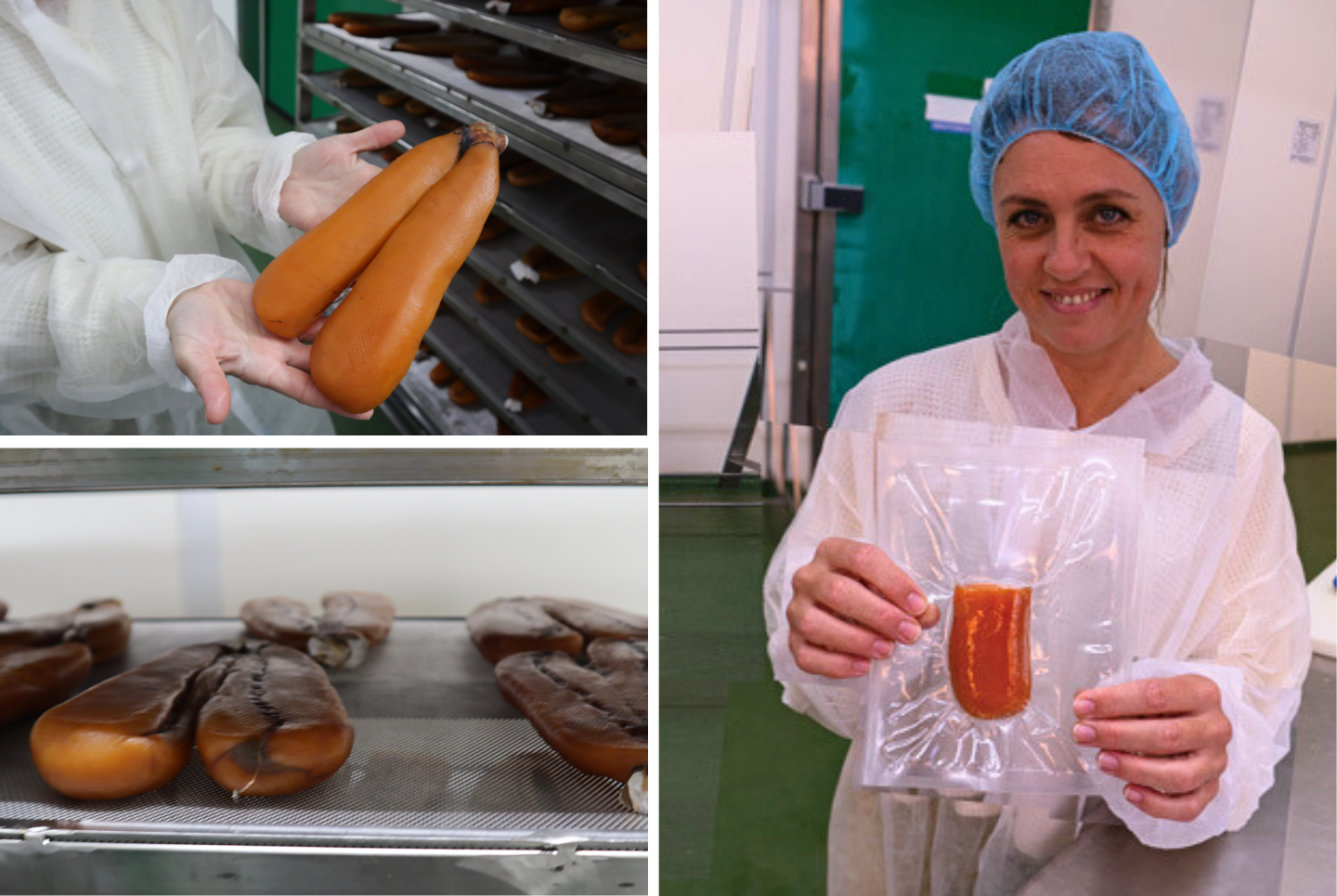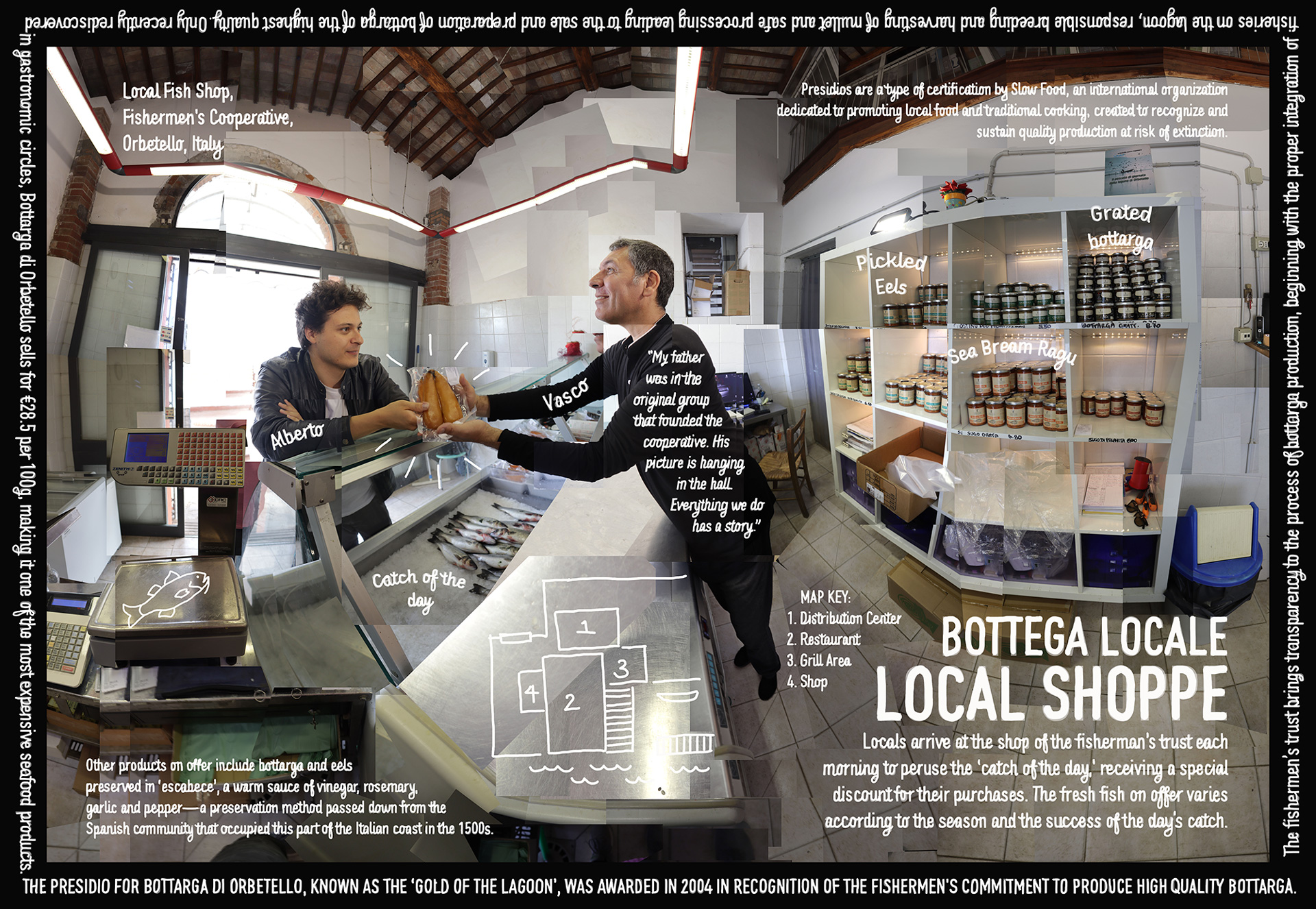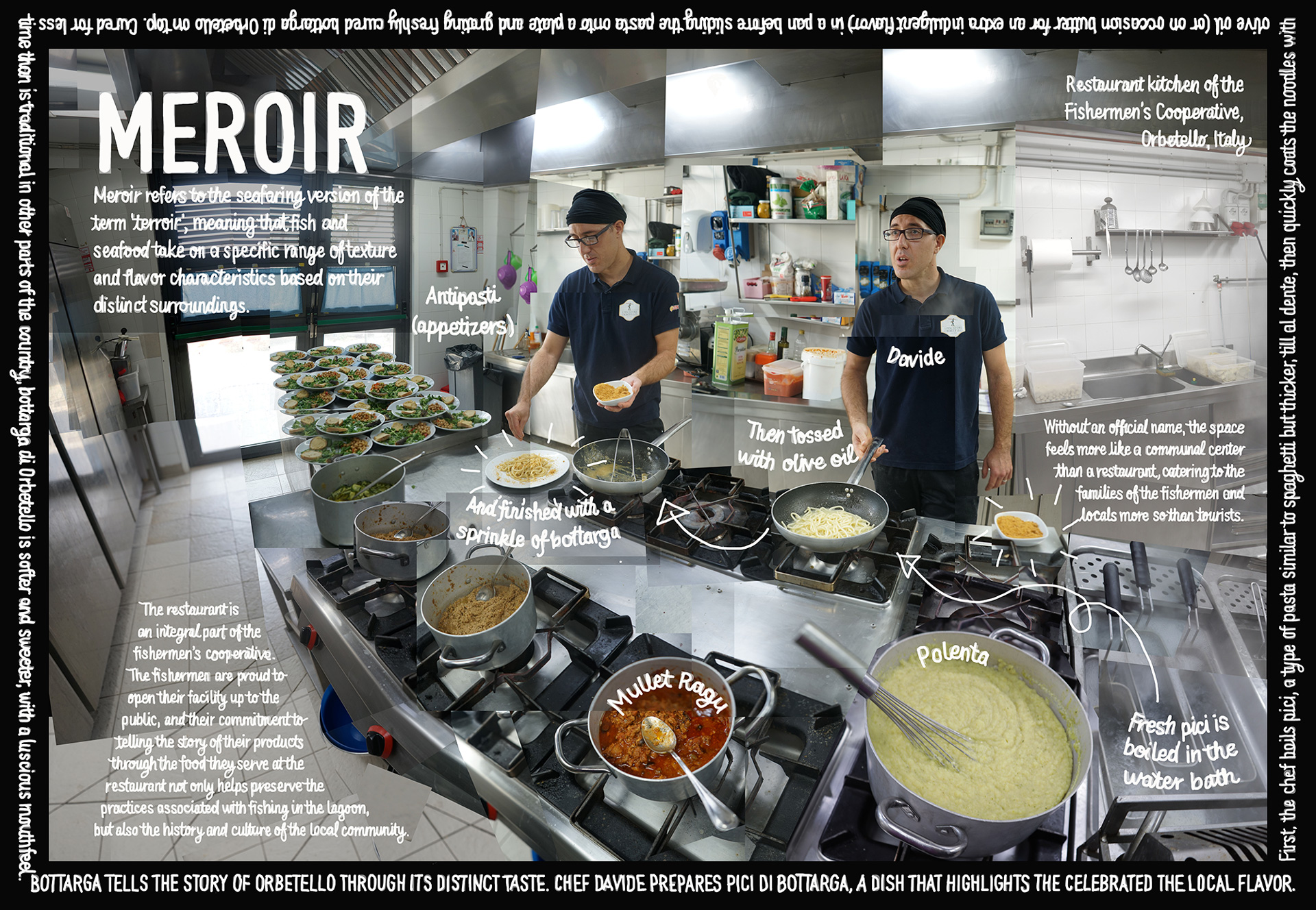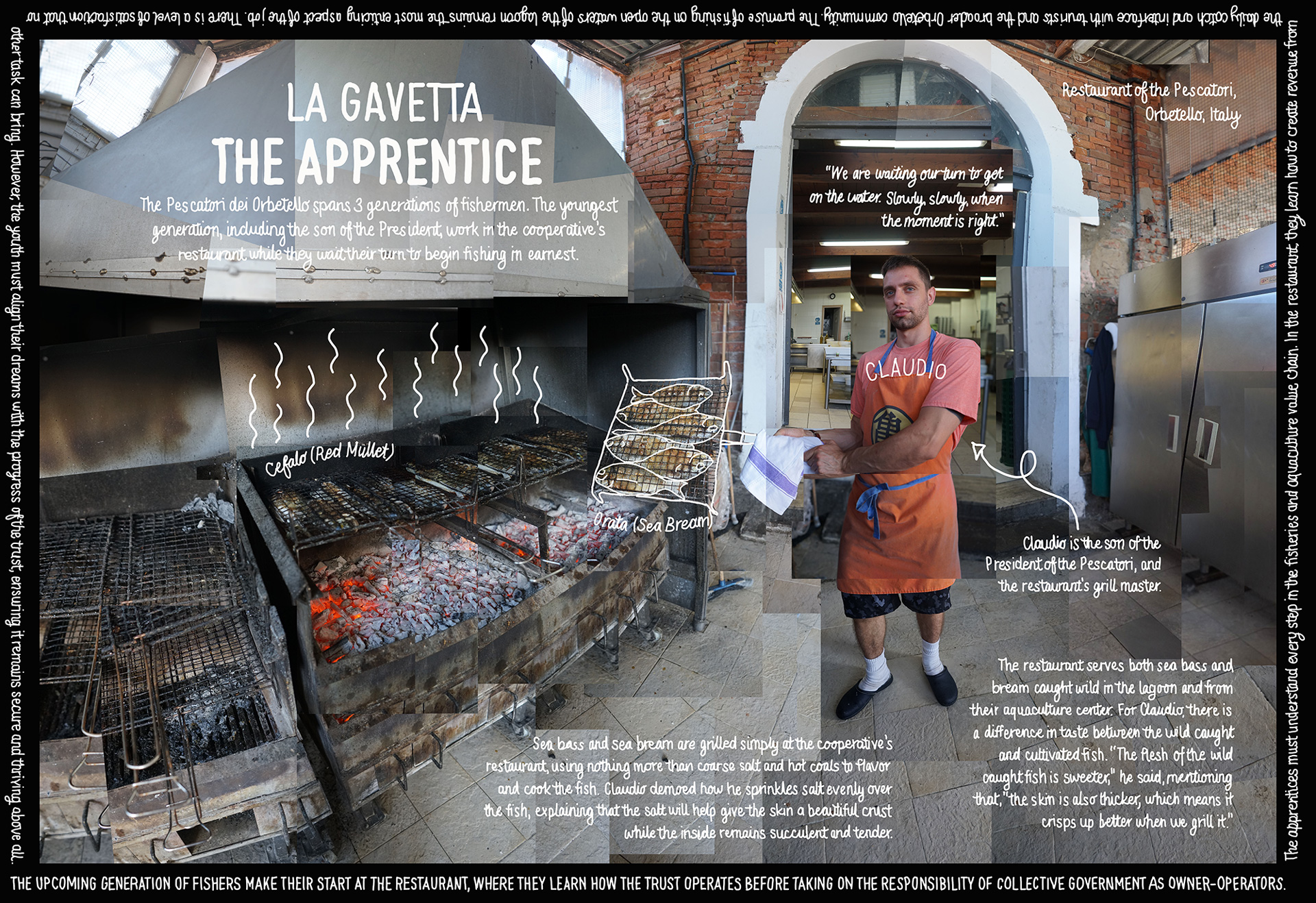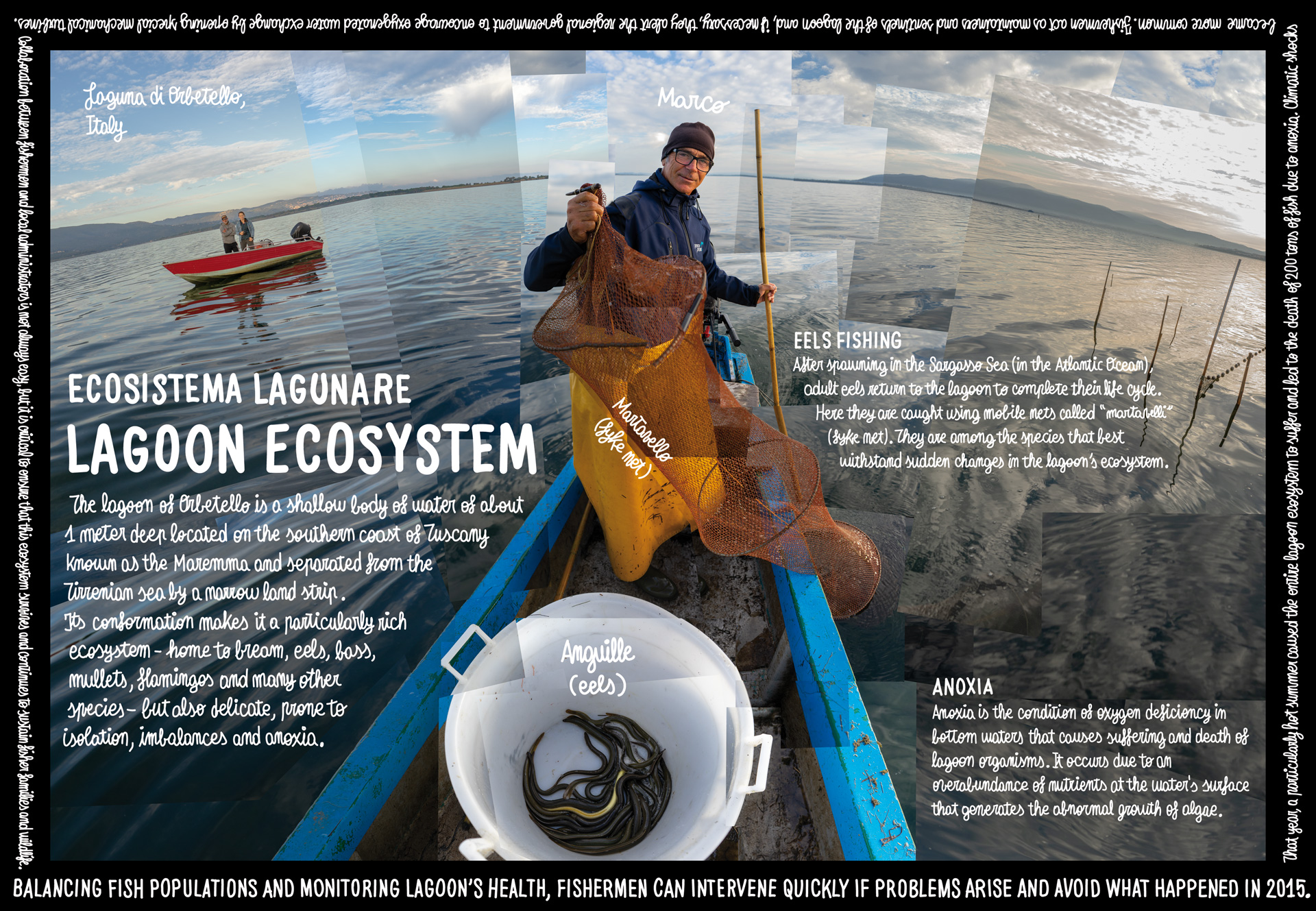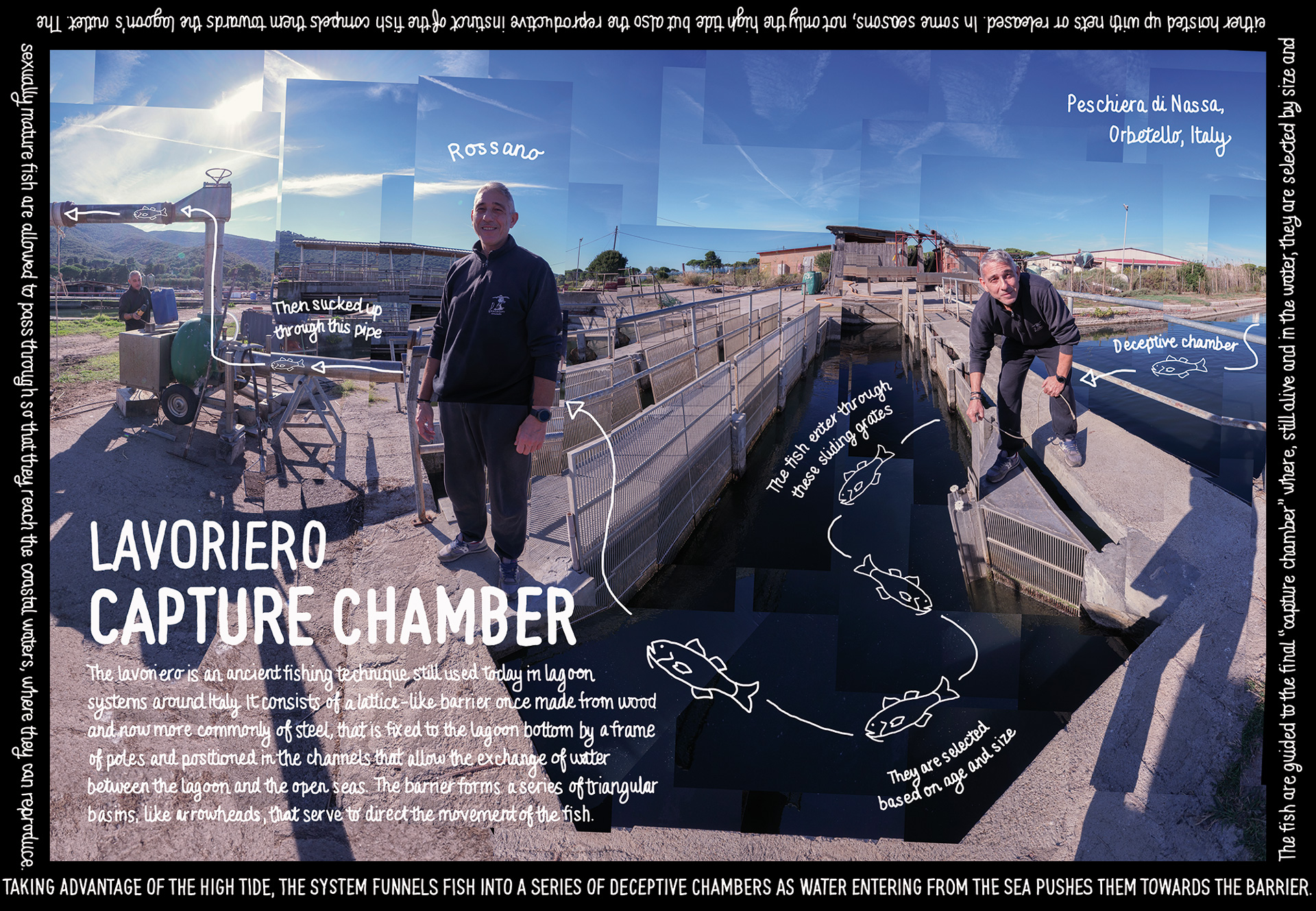Since the Mists of Time…
Da Sempre nella Storia…
It is a bright, clear day in early October 2022. I travel the two hours it takes by train up to Orbetello from Rome, passing through the rolling hills of Lazio and into the Maremma district of southern Tuscany. Arriving early in the morning, I pull into the compound of the Cooperativa dei Pescatori di Orbetello, the Orbetello fishermen’s trust, situated on the edge of a beautiful lagoon, the body of water I am here to see.
Everything seems quiet from the outside, but as soon as I peel my eyes away from the lagoon’s calm serenity and start poking around, I find the fishermen. They are in a side shed, busy at work. The morning light comes streaming into the open room, buzzing with activity. Fishermen roll crates of fish to and from a loading van, while others sort the day’s catch by size, weighing them by hand. Still others are busy with markers and tape, carefully labeling each crate.
